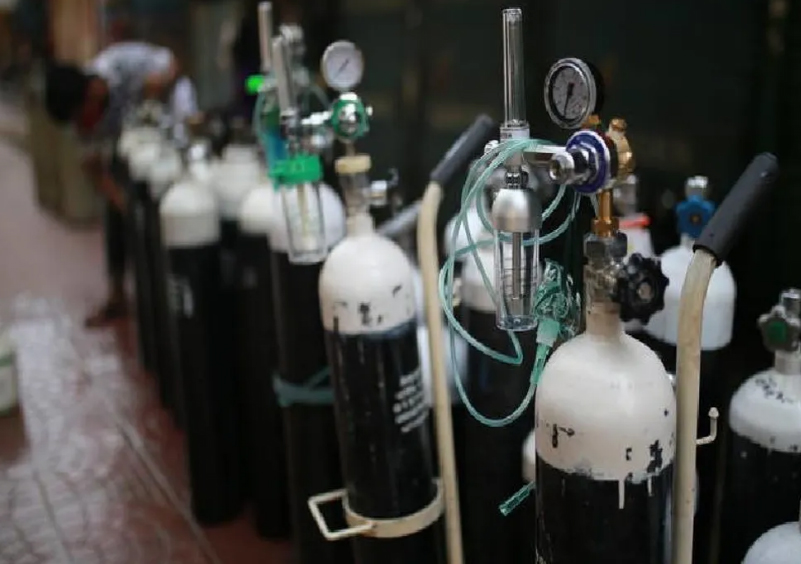Mumbai: Reallocating oxygen for medical purposes to take care of the rising COVID-19 cases will have an adverse impact on small businesses in some sectors, domestic rating agency Crisil said Wednesday.
It said the ‘hiccup’ seems temporary for now, and it is unlikely to impact the credit quality of the affected businesses.
The impact will be greater for companies in Maharashtra, New Delhi, Rajasthan, Madhya Pradesh and Gujarat, where medical oxygen demand has increased multiple times due to high COVID-19 caseloads, the agency added.
The central government has barred industrial use of oxygen except in nine designated sectors from Thursday onwards to divert the available stocks for life-saving medicinal use.
Demand for medical oxygen is estimated to have rocketed five-fold in the second week of April versus pre-pandemic levels as COVID-19 infections took off, Crisil Ratings said.
“The disruption in the supply of oxygen for industrial use would temporarily impact the revenues of small and mid-sized companies into metal fabrication, automotive components, ship breaking, paper, and engineering,” its director Gautam Shahi said.
These sectors typically do not have captive oxygen plants and source their requirement through merchant suppliers for operations such as welding, cutting, cleaning and chemical processes, he added.
Setting up an air-separation plant or importing oxygen is not a viable option because it requires significant lead time and involves relatively prohibitive costs, the agency said.
Oxygen is consumed by industry in two ways – on-site and merchant sales. On-site is through captive plants for process-driven industries (including the nine sectors exempted by the government), which account for 75-80 per cent of oxygen manufactured in India, the rating agency said.
The balance 20-25 per cent is supplied through merchant sales (called liquid oxygen) through cryogenic tanks and cylinders, it said, adding the healthcare sector consumes only 10 per cent of merchant sales.
Its associate director Sushant Sarode said the disruption in oxygen supplies for industrial use will last for six to eight weeks as of now.
“Affected sectors can partly manage their oxygen requirements with the inventory. Therefore, we expect only a limited decline in revenue for them,” Sarode added.
However, a prolonged and intense second wave that curtails oxygen supply to industries for a longer period than expected will exacerbate the downside risk in affected sectors, the agency said.
PTI


